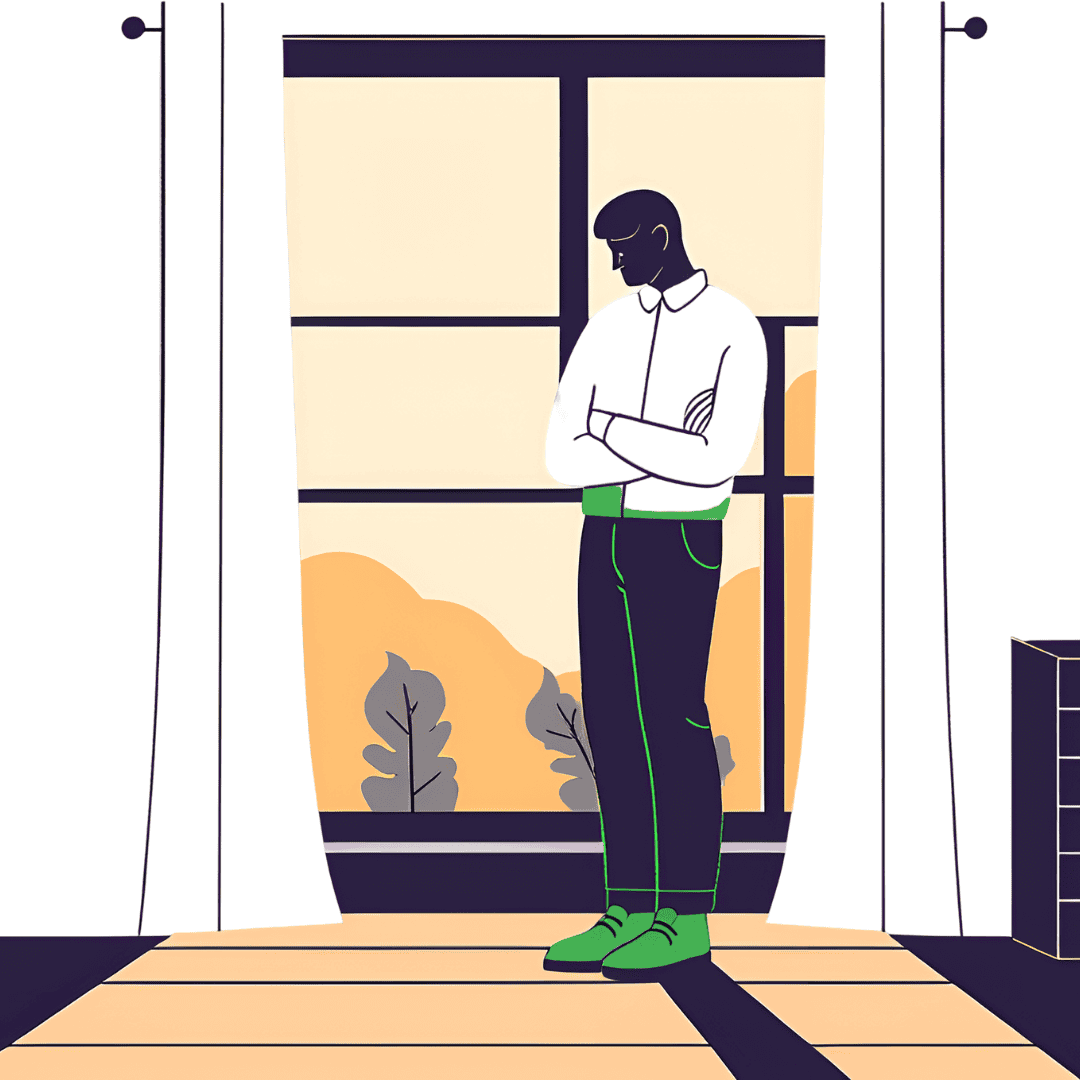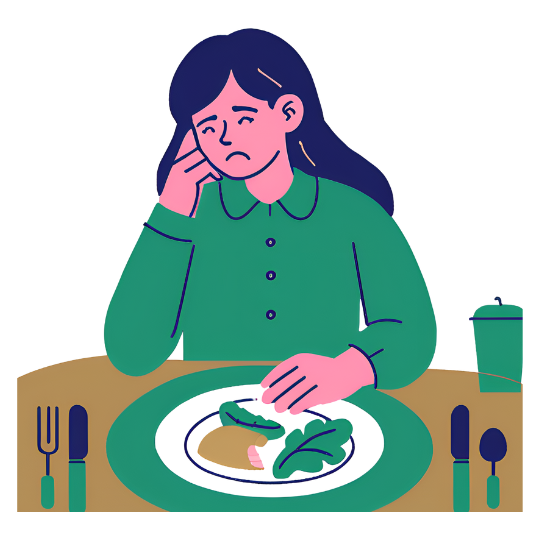
Is Mental Healthcare Only for Those with Money?
For many, the idea of mental healthcare and wellness feels out of reach due to the high costs associated with it. When we research how to take care of our mental health, we’re faced with a barrage of advice telling us to find a therapist, join a gym, take a mental health day, and more.
However, all of this can quickly add up to hundreds or even thousands of dollars. This often creates the perception that mental health and wellness are only accessible to those with disposable income.
It’s a frustration that many experience but rarely discussed. The wellness culture we see on social media often seems to cater to those who can afford luxury treatments and services. We frequently hear about self-care routines involving costly spa visits, therapy sessions, or gym memberships—but the truth is, taking care of your mental health doesn’t have to break the bank. There are countless affordable ways to prioritize your well-being, even if you’re working with a tight budget. How can we take steps to take care of ourselves even when we’re on a budget?
Therapy and Support Doesn’t Have to Be Out of Reach
One thing we hear often at Oak Health Foundation is that therapy seems like an unaffordable luxury. However, we are happy to say that there are a lot of options for accessing mental health support at lower costs—or even for free:
Sliding Scale Therapy and Medication Management Sessions:
Many therapists and prescribers offer sliding scale fees based on your income. If therapy/medications is something you’re interested in, it’s worth asking if they can offer a more affordable rate. Sliding scale sessions is often a great option for people who do not have insurance or those whose insurance doesn’t cover therapy and med treatment. It allows people to receive therapy/med treatment even without a traditional insurance plan. There are also some training programs that offer very low cost sessions if you’re willing to receive therapy sessions with a student-in-training.
Online Therapy Platforms:
Websites like BetterHelp and Talkspace often offer lower rates than in-person therapy, and they sometimes offer discounts for new clients. Plus, they can provide the convenience of accessing therapy from home, which may help reduce costs associated with commuting or missed work.
Community Resources:
Look into local community centers, non-profits, or religious organizations that may offer free counseling services. There are often resources available that are underutilized, and they may have support groups, therapy sessions, or wellness programs that won’t break the bank. Public health organizations often provide mental health services at reduced or no cost. These clinics may offer therapy through licensed professionals or supervised trainees who are still in school.
Peer Support Groups:
Peer support groups, either in person or online, provide a safe space to share experiences with others who understand what you’re going through. In fact, Oak Health Foundation hosts our very own mental health support group called Renew & Revive, where we meet every Wednesday from 7:30pm – 8:30pm PST and talk about various mental health topics through the gospel lens.
Simple and Low-Cost Activities that Promote Mental Health:
Here are some simple, science-backed practices that can promote mental health:
Regular Physical Exercise:
Why it works: Physical activity has been shown to reduce symptoms of anxiety, depression, and stress. Exercise releases endorphins, which are chemicals in the brain that improve mood and promote relaxation.
What to do: Aim for 30 minutes of moderate exercise (like walking, cycling, or dancing) most days of the week. Start with simple activities, such as a brisk 10-minute walk each day, and gradually increase duration and intensity.
Mindfulness Meditation:
Why it works: Mindfulness meditation helps calm the mind, reduce stress, and improve emotional regulation. Studies show it can reduce symptoms of anxiety and depression by increasing awareness of the present moment.
What to do: Start with 5–10 minutes of mindfulness practice daily, focusing on your breath and observing your thoughts without judgment. You can use free apps like Headspace or Calm to guide you through meditation.
Consistent Sleep Schedule:
Why it works: Getting enough sleep is crucial for emotional regulation, memory consolidation, and cognitive function. Poor sleep can contribute to anxiety, depression, and irritability.
What to do: Set a consistent bedtime and wake-up time every day (even on weekends). Aim for 7–9 hours of sleep per night and avoid screens 30 minutes before bedtime.
Gratitude Journaling:
Why it works: Writing down things you’re grateful for has been shown to boost mood, increase happiness, and improve mental health. It shifts your focus away from negative thoughts and fosters a positive mindset.
What to do: Take 5 minutes each morning or evening to write down 3 things you’re grateful for. Try to be specific (e.g., “I’m grateful for the support of a friend today”) for a deeper impact.
Deep Breathing Exercises:
Why it works: Deep breathing activates the body’s relaxation response, reducing the physical symptoms of stress (sympathetic system) and promoting mental calmness. It helps regulate your nervous system (restoring the parasympathetic system) and decreases feelings of anxiety.
What to do: Practice deep breathing for 5–10 minutes daily. Try the 4-7-8 method: inhale for 4 counts, hold for 7 counts, exhale for 8 counts. Use this practice when you’re feeling stressed or before bed to unwind.
Healthy Eating Habits:
Why it works: Nutrient-rich food supports brain function and can positively affect mood and energy levels. A balanced diet helps regulate hormones and brain chemicals associated with stress and mood disorders.
What to do: Incorporate more fruits, vegetables, whole grains, and healthy fats (like nuts and avocados) into your meals. Try to limit sugar and processed foods, as they can lead to energy crashes and mood swings.
Exposure to Nature:
Why it works: Spending time outdoors and connecting with nature has been shown to lower stress, reduce anxiety, and improve mental clarity. Green spaces also promote feelings of calm and well-being.
What to do: Try to spend at least 20 minutes outside each day, whether in a park, garden, or nature reserve. If you can’t go outdoors, try indoor plants or looking at nature scenes to feel more relaxed.
Setting Small, Achievable Goals:
Why it works: Setting and accomplishing small goals helps build a sense of purpose, boosts confidence, and reduces feelings of helplessness. Achieving these tasks also releases dopamine, a chemical that makes you feel good.
What to do: Break down bigger tasks into smaller, more manageable goals. Focus on one task at a time. Celebrate small wins, no matter how simple they may seem.
Self-Compassion Practice:
Why it works: Being kind and understanding to yourself, especially during difficult times, reduces self-criticism and fosters emotional resilience. Studies show that self-compassion helps reduce depression and anxiety.
What to do: Practice self-compassion by speaking to yourself as you would to a friend. When you make a mistake, instead of being hard on yourself, acknowledge that it’s okay to be imperfect. Incorporate daily affirmations and quickly catch self-critical habits..
Final Notes:
It’s totally understandable to feel frustrated when wellness seems to be something that only people with financial resources can access. However, your mental health is important, and you deserve to take care of yourself—regardless of your budget. There are plenty of ways to prioritize mental health and wellness that don’t cost a dime, and with some creativity, you can find practices that work for your unique situation.
For believers, we have a divine source to provide healing and wellness – the power of the Holy Spirit. When we deepen our understanding and belief of the wonderful promises of God because of who Jesus is and what we have received in Him, we can tap into the ability to fight the lies that are thrown at us from the Enemy. In Romans 12:2, it says “Do not conform to the pattern of this world, but be transformed by the renewing of your mind. Then you will be able to test and approve what God’s will is—his good, pleasing and perfect will.” And in John, 10:10 says, “The thief comes only to steal and kill and destroy. I came that they may have life and have it abundantly.” God desires that His relationship with us can be the source of peace, joy and wholeness in every aspect of our lives. While we engage all the healthy options and receive professional help when possible, God also awaits us to experience His grace, provision and empowerment.
Enjoyed our blogpost? Subscribe to our newsletter for more resources on mental health and integrating the Gospel message in your healing journey.
If you found our resources useful, please consider donating to Oak Health Foundation, which is a 501(3)c nonprofit dedicated to providing resources regarding holistic mental healthcare and subsidized treatment for those in need.



